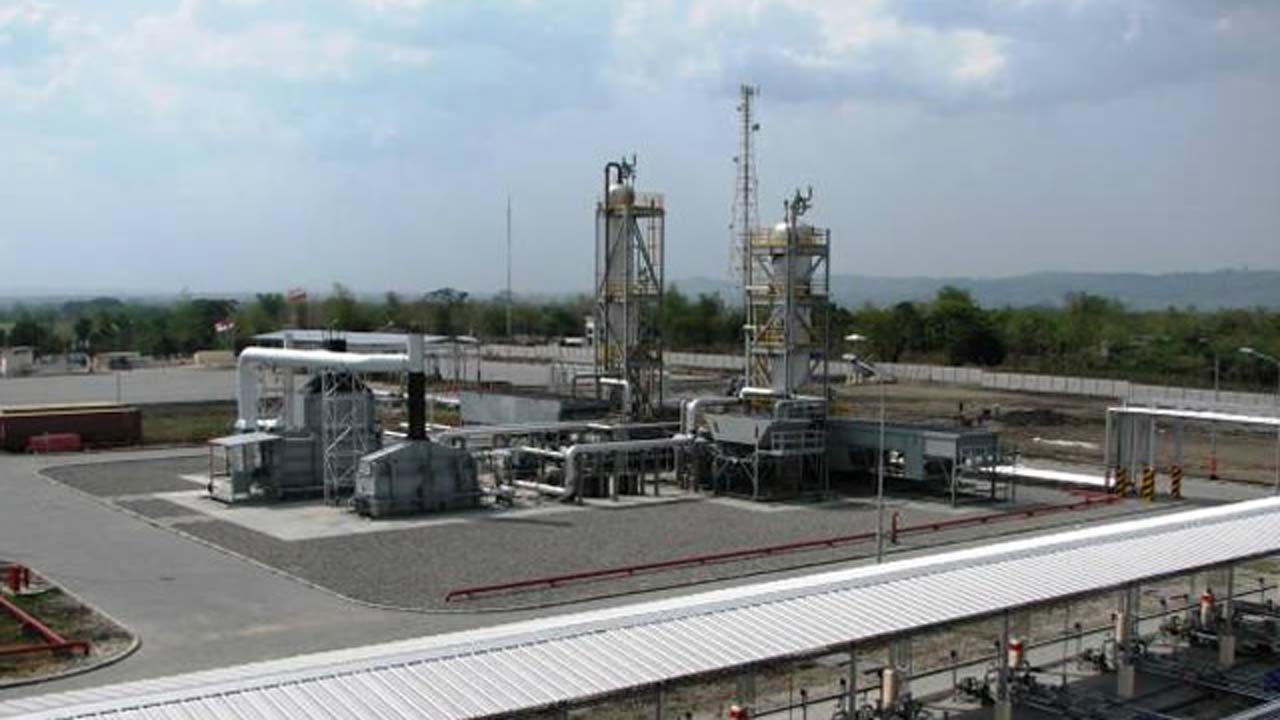By Joshua Ocheja
Sometime last month, I authored an article titled. “Are there modular refineries in Nigeria?” In the article, I advocated for the sale of crude oil to modular refineries in Nigeria’s local currency, the naira to help address the challenges in the sector. Two days later, the President gave a directive to the Nigerian National Petroleum Corporation Limited, (NNPCL), to sell crude oil to local refineries in naira. I smiled when I read the news. What a pleasant coincidence I concluded. Some days back, the Honorable Minister of Finance and Coordinating Minister of the Economy, Wale Edun, inaugurated a technical sub-committee to implement the directive on crude oil sale to local refineries in naira. Did the President read my article?
This piece will dwell to an extent on my previous article as I will attempt to analyse and bring it up to date with the implications of the president’s directive and the subsequent inauguration of a technical sub-committee to implement the directive. In my article, I stated thus: “African countries are tapering towards developing capacities to solve their problems. This entails creating an environment that enables indigenous solutions in critical sectors of the economy. In 2001, former President Olusegun Obasanjo lifted the lid on operationalizing manageable-sized petroleum production when he inaugurated the Presidential Committee on Local Content in the Oil and Gas Industry to promote Indigenous participation and ownership.”
My position here was to highlight the necessity for the country to start looking inwards towards solving the myriad of challenges confronting us. We have local refineries in Nigeria with the capacity to meet some of our local consumption demands, and one of the ways to encourage these refineries was to create an enabling environment through a steady supply of crude oil and sale in naira. And the president gave a directive to sell crude oil to these refineries in our own currency.
I also stated that “Being a vast market, Nigeria can sustain the smaller modular refineries side-by-side with the big players in the industry, including the federal government-owned processors.” My position here was that alongside the modular refineries, the government must also provide incentives to the big players, including the new Dangote Refinery in the incentive package. The technical sub-committee recently inaugurated is mandated among other things “ to craft a robust framework for naira-based crude sales, paving the way for a self-reliant and globally competitive energy sector.”
I also advanced the position that “modular refineries have the potential to grow into massive refining clusters and envisage a situation where at least 10 per cent of Nigeria’s oil production should be refined through modular refineries, with the overarching objective to provide a lower-cost, steady supply of petroleum products on a local level.” I had factored in the removal of fuel subsidy and the attendant impact it has had on the economy. I envisaged that an effective strategy for promoting the capacity of local refineries would go a long way in providing a lower-cost, steady supply of petroleum products for local consumption. The implication is that some of the associated costs in the refining of crude oil would be eliminated, thereby bringing down the cost in petroleum prices.
Back to the crux: The inauguration of the technical sub-committee on the sale of crude oil to local refineries in naira. The government has matched its words with action. I gathered that members of the committee include: Lydia Jafiya, Permanent Secretary, Ministry of Finance; Zacch Adedeji, Chairman of the Federal Inland Revenue Service (FIRS), as well as representatives from the NNPCL, Central Bank of Nigeria (CBN), Afrexim Bank and the Nigerian Upstream Petroleum Regulatory Commission (NUPRC). This list is impressive in the sense that the various agencies of government involved in the crude oil sale management are involved. The thrust of transforming Nigeria’s energy sector into “one that is self-reliant and globally competitive is achievable if the committee does diligent work.
It seems this government listens. The swiftness with which Tinubu directed the mitigation of the foreign exchange challenges of local refineries is more than fortuitous. This does not take away the fact that the growth of local refineries could lead to increased competition in the fuel market, potentially driving down prices and improving product quality. This would be a boost on our socioeconomic life.
This much was corroborated by finance and economic experts who have stated that the “policy has the potential to reduce general costs of living, strengthen the country’s currency and foreign exchange position and underpin long-term development of local industry.” The civil society was not left out too. They commended President Bola Ahmed Tinubu for his visionary leadership and statesmanship, with a strong commitment towards addressing the socioeconomic challenges in the country. But there is a caveat: The NNPCL must rise to the occasion by scaling up its production to meet its local and foreign obligations. This is on the heels that Nigeria currently has 25 licensed modular refineries. Five are operational and producing diesel, kerosene, black oil and naphtha. About ten such projects are under various stages of completion, while a handful of others have received licenses to establish. At complete optimization, these refineries can process 200,000 barrels of crude daily. This is aside from the Dangote Refinery with a capacity to process about 650,000bpd.
Waltersmith Petroman Modular Refinery and Petrochemical Company Limited, another significant player in the industry is moving from 5,000 to 10,000 bpd, with a focus on achieving 40,000bpd capacity at full optimization. Aradel Refinery had gone ahead to commit over a third of its 9,300 bpd output in 2023 to process in its three-train 11,000bpd capacity refining facility. Edo Refinery and Petro Chemical Company (ERPC) is a 6000bpd modular refinery. The Azikel refinery is a modular hydro-skimming petroleum refinery with a total production capacity of 12,000bpd. One thinks that if these local refineries have a steady crude oil supply and payment is made in Naira, the impact on the socioeconomic well-being of Nigerians would be astonishing. However, careful implementation and monitoring are essential to ensure that the desired outcomes are achieved. As we keep our fingers crossed, let’s have one thing in mind. It seems this government listens. I encourage us to take out time to give advisories. We never can tell what happens afterwards.
Ocheja, a military historian and doctoral researcher, is an alumnus of the Nigerian Defence Academy

 Join Daily Trust WhatsApp Community For Quick Access To News and Happenings Around You.
Join Daily Trust WhatsApp Community For Quick Access To News and Happenings Around You.


